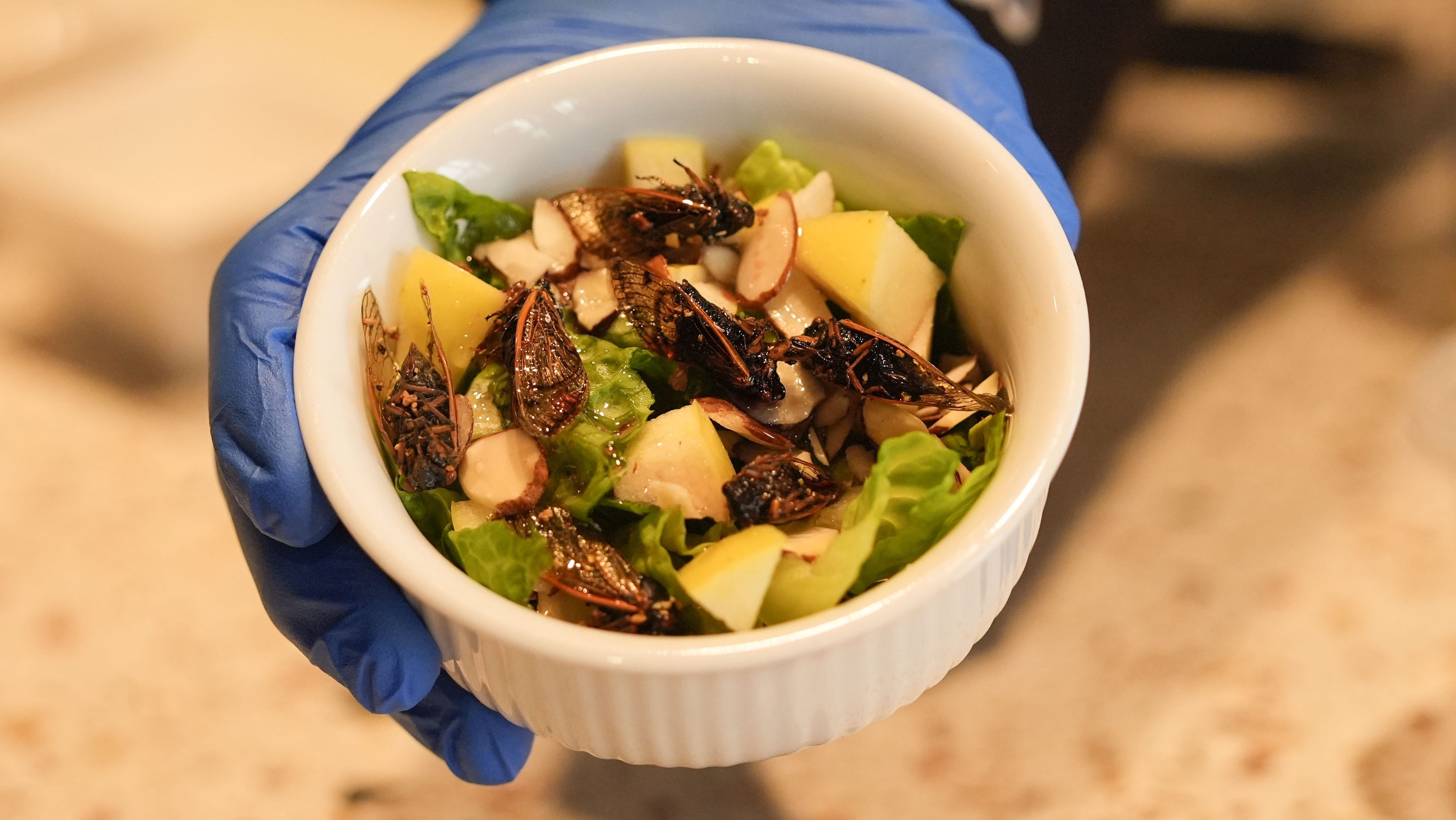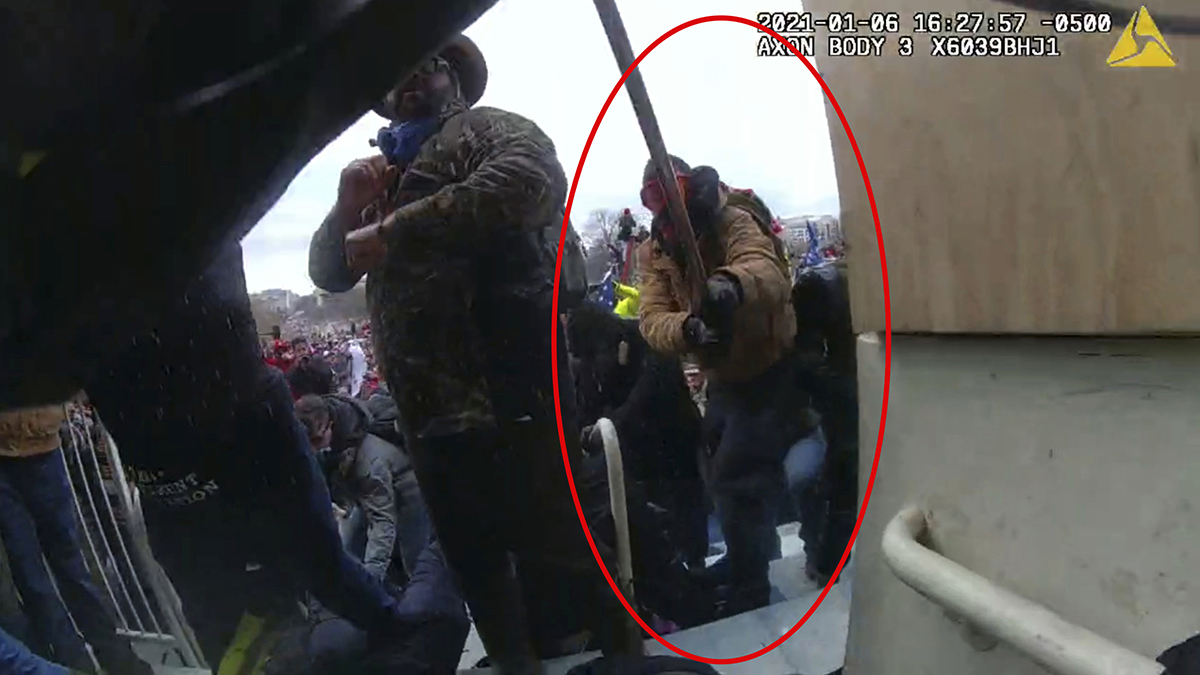After Barack Obama won the presidential election on Nov. 4, 2008, supporters around the country celebrated in bars, in parks — and maybe, in the bedroom. Bloggers wrote about champagne and hope, and noting that voters of child-bearing age tended to go Democratic, predicted a baby boom.
Nine months later, babies born out of that election night euphoria should be making their way into the world right now. If an Obama baby boom is true, that is.
“It’s romantic idea," says Dr. S. Philip Morgan, a professor of sociology and demography at Duke University, "but don't bet on it."
In fact, most reports of baby booms tied to one-night events such as an election, blackout or a snowstorm usually turn out to be merely anecdotal rather than backed by real statistics, experts say.
In reality, “one night doesn’t have much of an effect,” says Morgan.
The key, says Morgan, is to remember that in order for fertility to be affected, "the effect has to push everyone in the same direction."
While Obama won by a landslide in the electoral college, "by the popular vote, only 52 percent of the population was celebrating." The other 48 percent would have been affected in the opposite way and may have been in no mood for making whoopee.
U.S. & World
It's the same reason that blackouts and snowstorms don't contribute to a rise in the birth rate. While you can always find people who say they had sex while trapped together, usually just as many did not or could not. In other words, one couple's intimate, candlelit evening at home is offset by the pair who get stuck in their offices at opposite ends of the city.
Still, people like to speculate that somehow the memorable night of Nov. 4 was different. After all, Obama himself was born in August 1961, nine months after John F. Kennedy was elected in November 1960.
But even if Obama's win did feel magical for some, says Morgan, consider the obstacles facing an election night egg. First, it’s never been proven that public euphoria really leads to more sex. But even if it does, many women won't get pregnant because they're using a birth control method like the pill, which can't be reversed for a single night. Those using no contraception might be at the wrong point in their cycle, so, according to Morgan, "they can't get pregnant no matter how much sex they have." Fertility experts also know that 50 percent of fertilized eggs don't implant, further reducing the chance of an election night conception.
Morgan's theory appears to be holding up in the maternity wards. Eileen Cabalo, associate clinical director of obstetrics for Cooper University Hospital in New Jersey, said they haven't noticed anything unusual in the birth rate. Nurses and obstetricians in Seattle and even Chicago — ground zero for Obama celebrations — say they haven't noticed a rise in the number of babies born either.
Still, even if rumors of a baby boom don't result in actual bundles of joy, people think the idea that it might be possible after a dramatic event is a nice notion, experts say.
They point to a study by J. Richard Urdy of the University of North Carolina Chapel Hill, who analyzed the local birth rate nine months after a 1965 blackout in New York City and found nothing above average. But the myth lives on. The last line of Urdy's statistical study speculates that "it is evidently pleasing to many people to imagine that when people are trapped by some immobilizing event which deprives them of their usual activities, most will turn to copulation."
Presidency may still affect birth rate
But baby booms do happen — if a major, sustained event affects a large number of people, all in the same way. When World War II ended, soldiers came home, got married and had babies. Hurricanes tend to depress the birth rate, for reasons that are obvious to anyone who experienced Katrina.
In the coming months, says Morgan, "the overwhelming effect on fertility in the coming months will be the economy." If people are postponing vacations, they'll certainly postpone a long-term expense like a child. When the economy improves, however, and people feel that circumstances are getting better, then they'll feel the time is right for a baby.
Obama's presidency may have an overall effect on births, but to see it, we have to take the long view.
Ten years after the 1995 bombing of the Alfred P. Murrah Federal Building in Oklahoma City, Joseph Rodgers, a professor of quantitative, social and personality psychology at the University of Oklahoma, published a report documenting a rise in the number of babies born in the area in the years after the attack. Rodgers found that the rise in birth rate was not because of anything that happened immediately after the attack, but because of several long-term influences. One was the so-called replacement/insurance effect that made people feel that life is fragile, and respond by strengthening traditional values, including having more babies.
Another effect that influenced the Oklahoma City birth rate is community influence, when an event makes the city "pull together." Rodgers says birth rates go up in places "where you have a feeling of coming together within the community — and this can be a city, a state or a political party."
Rodgers says he wouldn't be surprised to find out someday that the Obama election affected birth rates in specific groups like Democrats, Obama supporters, black communities or blue states. But Rodgers says we would need to look at birth rates far beyond August 2009, because it takes five to seven years of data for a change caused by a specific event to stand out from random ups and downs. "Graphs of birth rates tend to have a lot of bumps and jiggles," he says, so trends appear only after years of observation.
By the way, he says, "don't be surprised if birth rates do increase in July and August," giving a boost to the Obama baby theory. Rodgers says birth rates are seasonal, and we usually see more babies in the summer than the winter.
Chris Tachibana, Ph.D, is a science writer based in Seattle and Copenhagen, Denmark.



